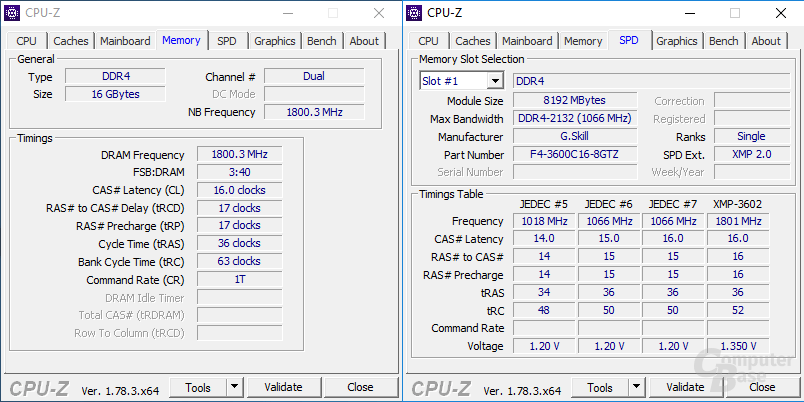Computerbase was noting a huge diff in gaming perf due to BIOS..
https://www.computerbase.de/2017-03/amd-ryzen-1800x-1700x-1700-test/2/
Through Google Translate
" For the AMD Asus Crosshair VI Hero and MSI X370 Xpower Gaming Titanium, the manufacturer recommends at least the use of the BIOS versions 5704 and 117, respectively, and in fact there was a significant gain in performance on the two boards with a double-digit figure To 25 percent. With older BIOS, the Ryzen 7 1800X in games was initially at the level of the Intel Core i7-4770K, which in the editorial memories of
bulldozer awakened. The change to the mainboard of Asus and the provision of the BIOS 117 by MSI, however, brought an all-clear.
On the other hand, the two boards still do not lie on top of each other. The main board of MSI is on average three percent, but in extreme cases nine percent. Other BIOS updates should also solve this brake."
If anyone can do a proper translation it would be nice.



